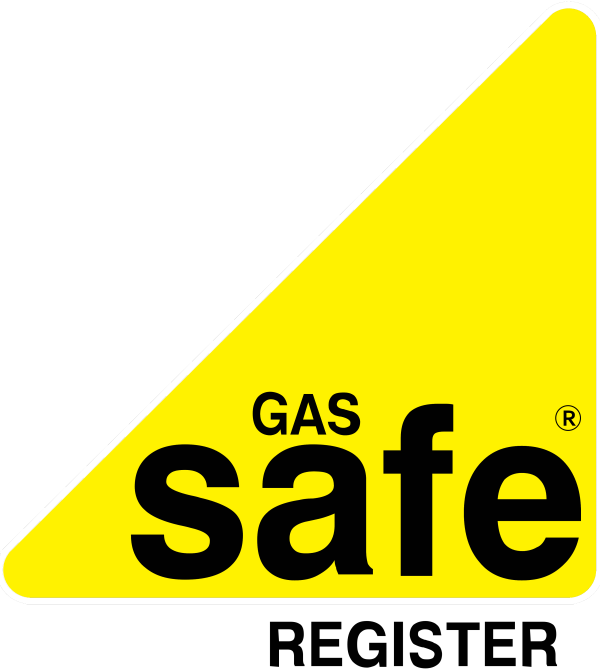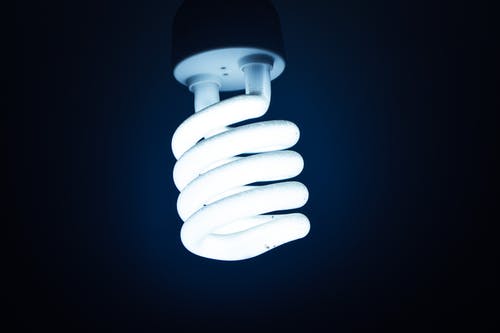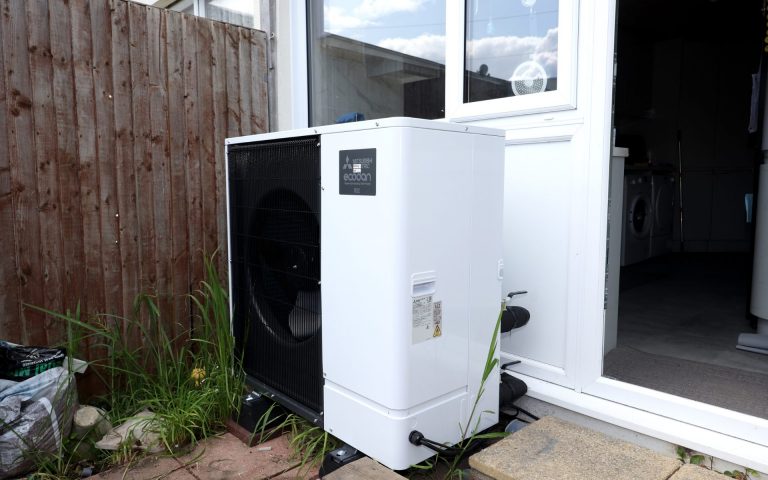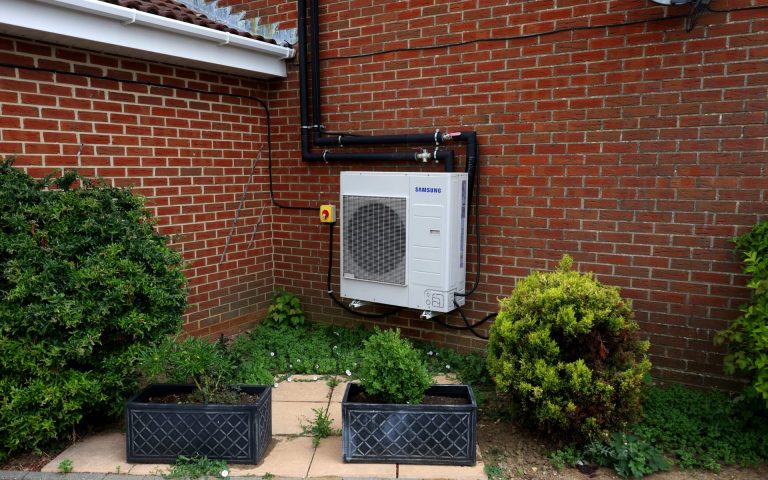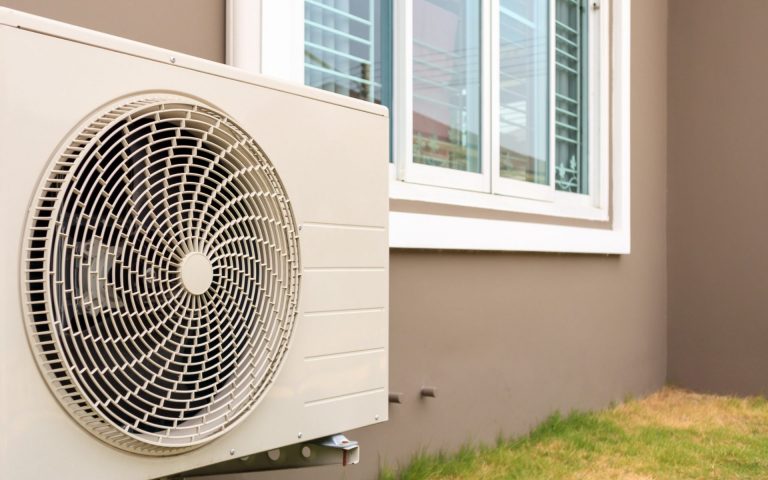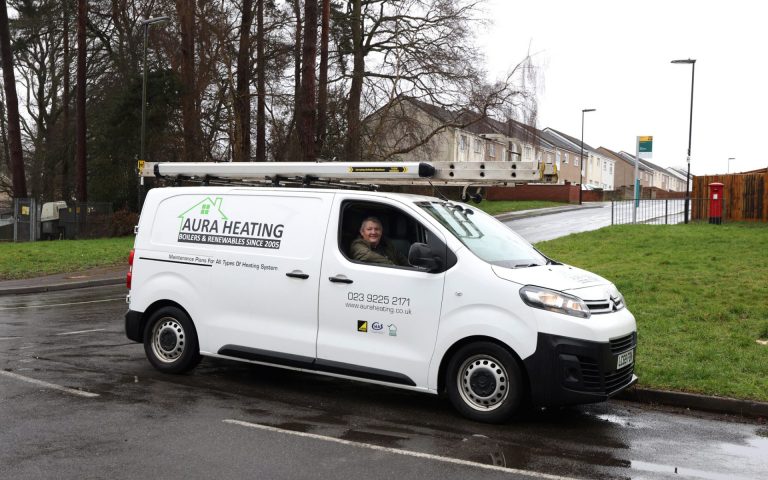It’s safe to say that the majority of the UK heat their homes and water with gas. But with all the issues currently in the press and various companies going bust, it’s not surprising that more people are turning to Google and asking – Should I be considering an electric boiler? Would I be better off with an electric boiler? What are the benefits of an electric boiler?
Maybe that’s even how you’ve found this blog, by asking one of those very questions yourself. If you are considering changing to an electric boiler then here are some things to think about.
What is an electric boiler and how does it work?
Electric boilers are rising in popularity and offer an alternative solution to gas and oil boilers. Instead of igniting a fuel like gas or oil, an electric boiler passes the water of your heating system over an electric element to get it hot.
In simple terms, an electric combi boiler works a bit like a kettle. An electric boiler is supplied with cold water from the mains and is connected to the main electricity supply. When you turn the heating on or the hot tap, it causes the heating element inside the boiler to heat up and then transfer that heat to the cold water in your system. The hot water then gets pumped to your radiators, taps and showers.
It’s possible to install electric boilers in most small to medium-sized homes, with the capability to supply enough hot water for central, heating, baths and showers.
Electric boilers are not recommended for larger homes or those with multiple bathrooms, as if more than one tap or shower is needed at the same time, the water pressure and temperature may drop. This is because the water is supplied from a single source, on demand. So if an electric boiler needs to supply hot water to two locations at the same time, the pressure / temperature could drop.
If your home isn’t connected to the gas network, or you’re perhaps looking for ways to reduce your carbon footprint, then an electric boiler could be something to look into.
Are there different types of electric boiler?
Just like gas boilers, there are different types of electric boilers to choose from depending on your home and needs. We’ll start with the one that seems to be the most popular!
Electric combi boiler (direct)
Similar to gas boilers, the electric combi boiler seems to be emerging as a popular choice. In terms of looks and design, an electric combi boiler looks a lot like a gas combi boiler. It is a single unit, and provides both central heating and hot water. Hot water is provided on demand using the heating element.
When it comes to installation, the electric combi boiler is likely to the cheapest and easiest to install. It also doesn’t need a tank, so won’t take up too much space.
If you’ve fallen down the electric boiler rabbit-hole then you might already be aware of the Economy 7 tariffs where you can benefit from a cheaper rate of heating your water over night. It’s worth bearing in mind that because this type of boiler doesn’t require a tank, you can’t take advantage of this tariff.
Storage Electric Boiler
If you’re dead-set on utilising the Economy 7 tariffs to try and reduce energy bills, then the storage electric boiler could be an option for you. This type of electric boiler comes with a hot water tank – Sometimes within the unit or sometimes as a separate unit. It’s worth noting that storage electric boilers are often more expensive that the electric combi boiler.
Electric Combined Primary Storage Unit
A CPSU is more suited to commercial properties as this electrical boiler option can store lots of hot water. This means it can meet demand quickly and without losing pressure (unlike the electric combi boiler). This being said, unless you and your family enjoy taking baths multiple times in a day, this is probably a lot more than your household will need.
Dry Core Storage Electric Boiler
The Dry Core Storage boiler is another possible option if you’re looking at Economy 7 tariffs. They are similar to storage heaters and work by heating bricks overnight. The heat can then be released into water to be used for central heating and hot water.
Solar Compatible Electric Boiler
If you are considering an electric boiler, there’s also a chance you’re also looking at more renewable sources of energy. If you have solar panels on your home, then you can use this free energy to heat your water during the day via a storage tank and immersion heater.
What are the pros and cons of electric boilers?
Let’s talk about the reason you’re reading this blog – The advantages and disadvantages of electric boilers.
The Pros of an Electric Boiler
There are actually millions of homes across the UK without access to the gas network, which makes an electric boiler a really viable heating alternative that do offer some benefits.
- You could lower your energy bills and carbon footprint by powering your electric boiler with renewable energy.
- Electric boilers are cheaper to install as they don’t let off waste gases and thus don’t require that pipework for that.
- They don’t require annual services (unless you have a hot water cylinder).
- Electric boilers don’t require gas or oil to fuel them so are more efficient and produce lower emissions. Electric boilers are highly efficient as they don’t lose energy through burning fuel to produce heat. They typically have an energy rating of 99% compared to gas boilers which are 89-95%.
- If you are not connected to the gas network, and don’t have space for an oil tank, then an electric boiler is the perfect solution.
- There is more flexibility with the placement of an electric boiler as they don’t have to be located on an external wall. They are also more compact than gas boilers with no requirements for a flue.
- Electrical boilers don’t produce any waste gases, and therefore pose no risk of carbon monoxide leaks or poisoning.
- There are no moving parts in an electric boiler, which means they are almost silent when in operation.
- Most electric boilers are compatible with solar panels, which means you can generate some of the energy you are using and thus reduce your electricity bills (as well as your carbon footprint). It’s also possible to get a storage battery, enabling you to store and release generated energy when you need it.
The Cons of an Electric Boiler
As with any new home appliance, it pays to do your research and think carefully before investing. It’s important to make sure that you know that an electric boiler would be right for you and your home before installing it, particularly if you live in a larger home. You don’t want to install an electric boiler and then not be able to meet the needs of your central heating and hot water!
Let’s take a look at some of the disadvantages of an electric boiler.
- Electricity is more expensive so running costs are high – Without being on an Economy 7 tariff, your energy bills are likely to go up. This is undoubtedly the main concern when it comes to an electric boiler. As a comparison, you are likely to be paying approximately 14p per unit for electricity compared to 4p per unit for gas.
- They are not recommended for larger homes as they are often limited in how much hot water they can produce at any given time, so providing multiple taps or showers can cause pressure and temperature issues.
- Electric boilers have limitations when it comes to how much hot water they can produce. Because they heat hot water on demand, this can cause problems in bigger houses.
- You might be wondering about power cuts. Obviously, an electric boiler wouldn’t be able to provide hot water and heating during a power cut. However, it’s useful to remember that many gas and oil boilers have electrical components which would mean they wouldn’t work either.
- How often do you blow a fuse? Probably not that often. But it’s worth thinking about what appliances you use regularly and whether having an electric boiler running could cause problems with the fuse. Most electric boilers will use 48 amps, and most homes have a 60 amp fuse, meaning that if you have a couple of other appliances running you could end up blowing the fuse. An electrician could help you ascertain whether or not an electric boiler is a viable option for your home.
Reasons to Choose an Electric Boiler
If your home has solar panels, then an electric boiler could be a great option for you. Using the electricity your solar panels are generating mean that your energy bills will be reduced.
Electric boilers are also more efficient – Around 99%. So if you’re passionate about not wasting energy then an electric boiler could be just what you’ve been looking for.
Gas, oil and LPG boilers all burn fossil fuels to produce heat, whereas an electric boiler does not produce any carbon emissions while in use.
Why Choose a Gas Boiler?
Running costs of an electric boiler are a lot higher than a gas boiler because electricity is 3-4 times more expensive than gas per kilowatt hour (kWh).
Electric boilers may not directly use fossil fuels to generate heat and thus not produce carbon emissions when operating, but usually the electricity that the boiler uses is itself generated using fossil fuels.
If you’ve got a larger home or multiple bathrooms, then electric boilers are not a great choice. They can’t produce enough hot water on demand for a large property or multiple taps / showers simultaneously without usually resulting in loss of water pressure or temperature.
If you’re considering changing to an electrical boiler, we hope that’s answered some of your questions and helped ascertain whether an electrical boiler is right for you and your home.
